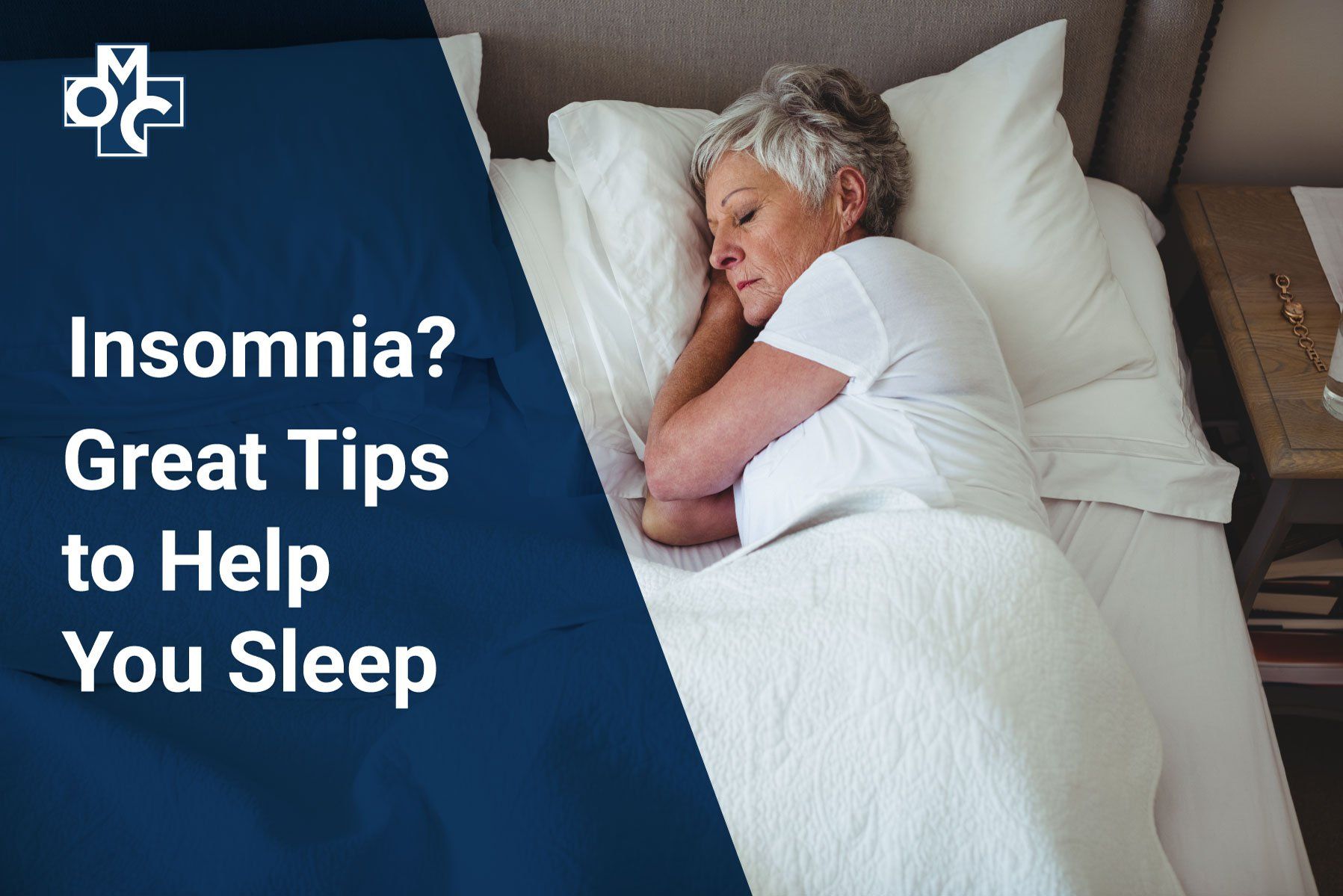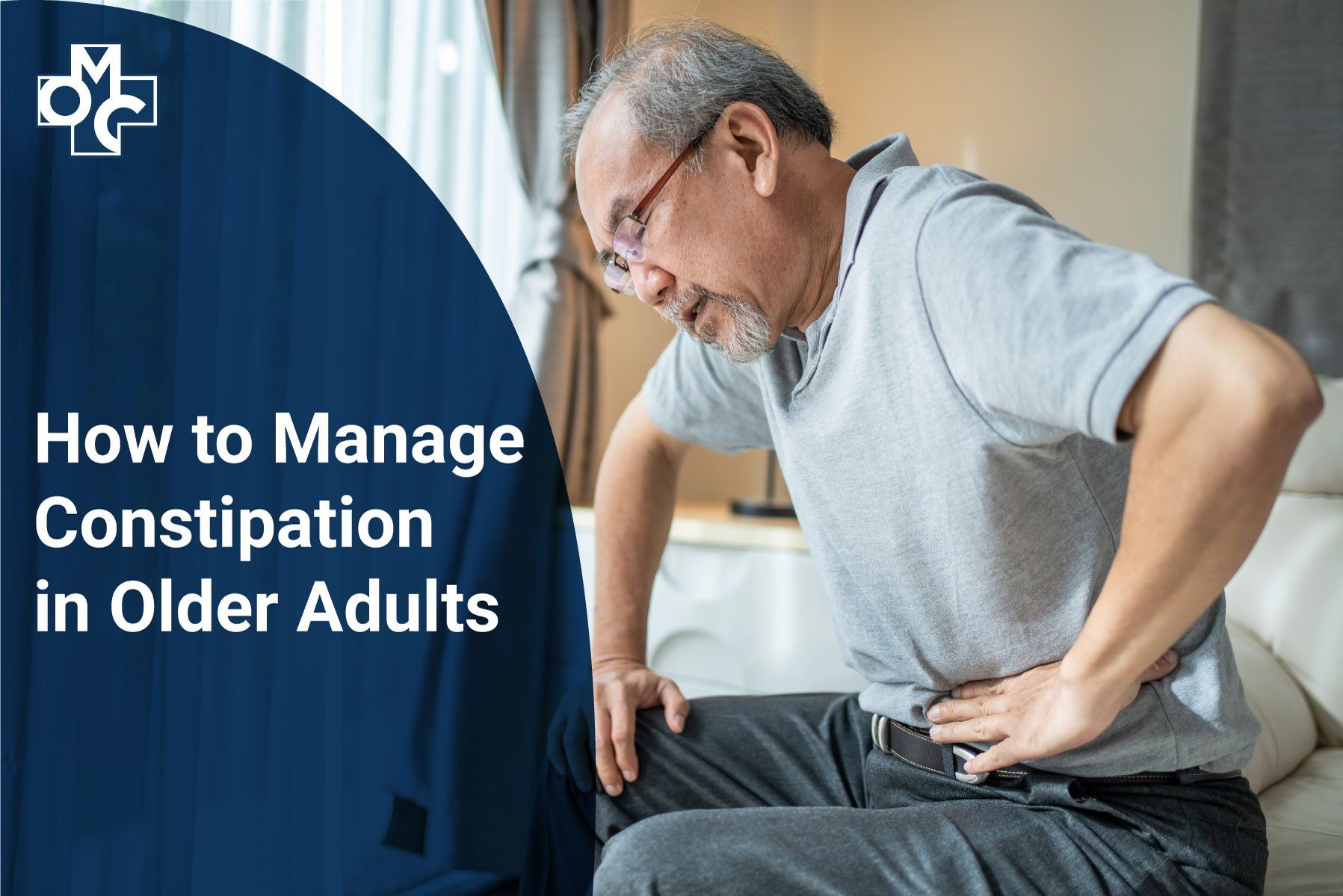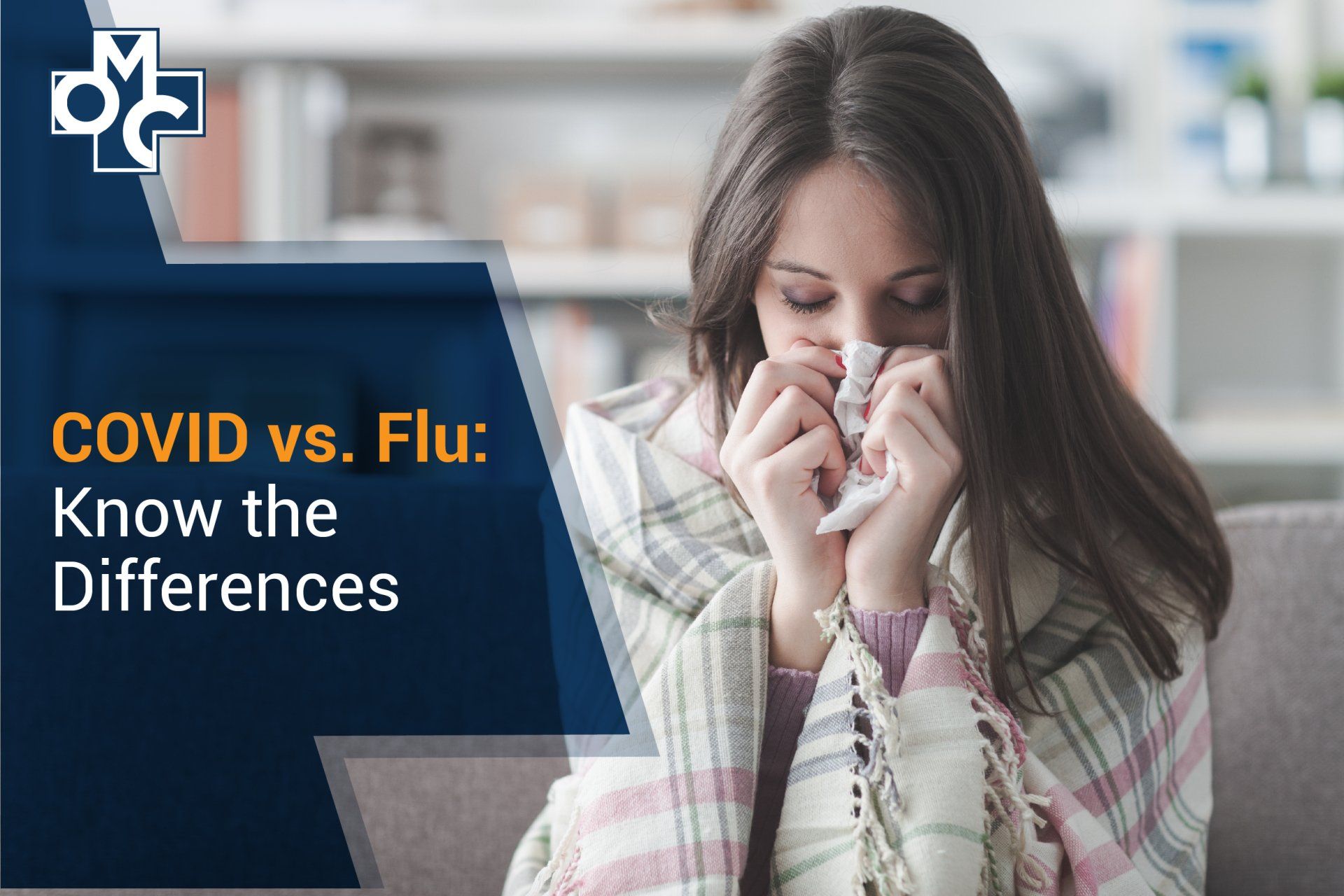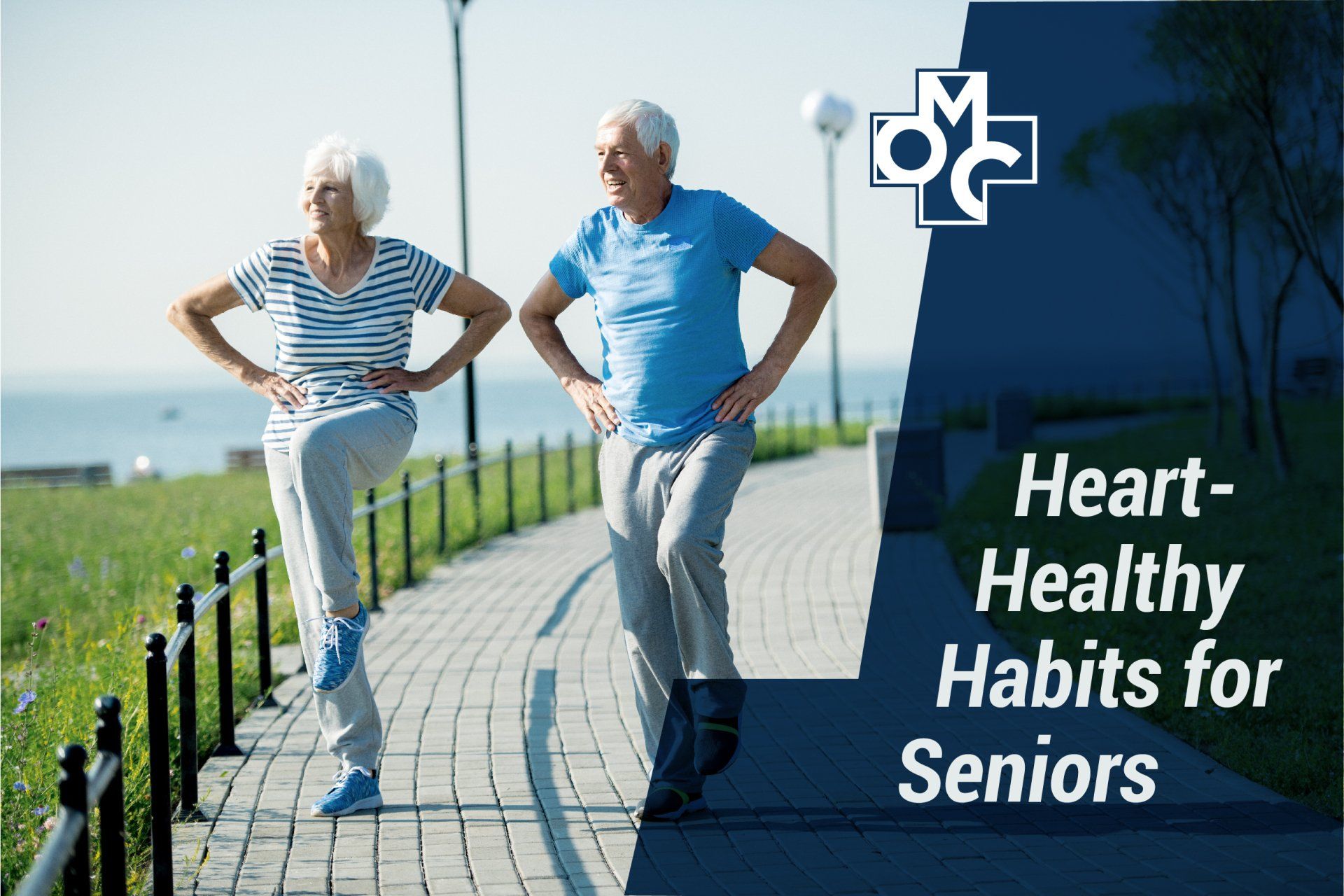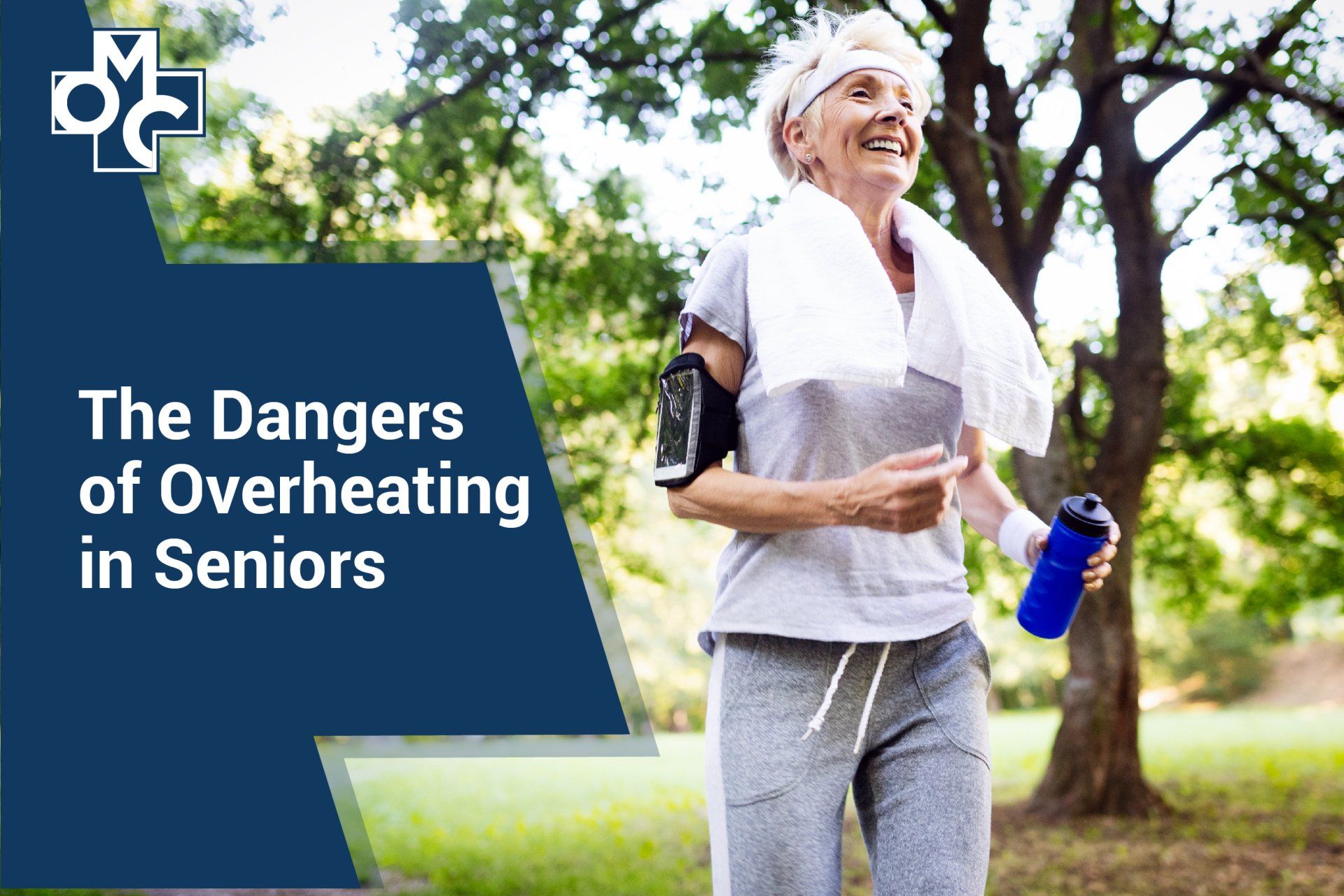Many seniors suffer from hypertension. Here’s why and how to treat it.

Hypertension, commonly referred to as high blood pressure, is encountered frequently in the senior population. It’s normal for blood pressure to vary based on situation and age. But warning signs start to flash when blood pressure increases beyond the safe range and stays that way on a consistent basis.
Hypertension is quite a prevalent problem. According to the Centers for Disease Control (CDC), almost 108 million Americans suffer from it, which roughly equates to 45%. About 54% have controlled blood pressure, but the rate is increasing with good knowledge. Thus, it is crucial to learn about different causes of hypertension so that older people can take the necessary precautions, which may result in prevention and delayed onset.
Some common causes of high blood pressure among the senile population include:
Atherosclerosis
One cause of raised blood pressure in older adults is decreasing elasticity of the blood vessels. With age, blood vessels naturally become a bit harder. This is because of the accumulation of oxidative stress and the resultant changes it causes. These changes are together termed as aging changes, and the process is referred to as atherosclerosis. The most common reason for oxidative stress is an increased amount of circulating fats in the blood.
Increased weight
Increased body mass index (BMI) is related to an increased risk of developing blood pressure. The elevated levels of circulating fats in obese people result in atherosclerosis. When the vessels supplying to the kidney are affected, the body’s blood pressure elevating system (explained later) is unnecessarily activated.
Diabetes
It is a co-morbid that has an association with hypertension, obesity, and other chronic disorders. It arises due to genetic predisposition, poor dietary habits, environmental factors, and increasing age. It damages the blood vessels, thus providing a fertile ground for the development of atherosclerosis. This often complicates other concurrently existing health issues and increases mortality in the elderly.
Kidney disease
The kidneys control the blood pressure elevating system of the body. Whenever the blood pressure in the body drops, the renal perfusion (blood supply to the kidney) decreases. The decreased pressure in the renal arteries activates the renin-angiotensin system. It produces certain hormones that restore the blood pressure to its normal range. Unnecessary activation of the renin-angiotensin system is one of the major factors in the pathogenesis of hypertension.
In kidney disease, the renal arteries become narrowed; resultantly, the renal perfusion reduces. The kidneys sense this as the signal of decreased blood pressure in the body, and the rennin-angiotensin system is hyper-activated. The presence of comorbidities like diabetes and obesity contributes to the exacerbation of kidney damage, further narrowing arteries, and unnecessary activation of the renin-angiotensin system.
What happens if blood pressure is not controlled?
It is important to effectively manage blood pressure and keep it within normal limits to reduce morbidity and mortality. The complications of uncontrolled blood pressure in older people are:
- Stroke
- Heart attack
- Heart failure
- Coronary artery disease (angina and myocardial infarction)
- Vascular dementia
- Peripheral arterial disorders
How to manage blood pressure in older adults?
The elderly can effectively control high blood pressure and reduce the risk of its development if they are already healthy. This can be done by making simple modifications in lifestyle. The most important thing is to recognize unhealthy habits that might lead to hypertension in the future and then work on them. Though medical interventions are highly valuable, lifestyle modification is the first step in the treatment of hypertension. Here are some ways that can help in controlling elevated blood pressure.
The first and foremost step is to monitor blood pressure regularly. As discussed earlier, the blood pressure never remains the same; it fluctuates with the individual’s condition. Notice what raises the blood pressure and try to avoid that activity.
Decrease salt intake. As the salt level increases in the blood, it retains water, increasing the blood volume. Accumulation of the blood in the vessels beyond their capacity elevates blood pressure.
Improve dietary habits. Use simple and healthy food. Avoid intake of fat-rich food, fast food, and processed food. The best is to take a balanced, nutrient-rich diet.
Quit smoking. It is one of the causes of increased oxidative stress in the body, eventually leading to hypertension.
Exercise regularly. It will help decrease the risk of insulin resistance, which causes diabetes in the elderly. Walking is an ideal exercise, walk regularly. Do more aerobic exercises if possible.
Controlling weight and maintaining it within a healthy range is essential.
Limit alcohol intake. Stress management is the most critical aspect of treating any chronic ailment.
Be regular with medication intake. Skipping pills when blood pressure is normal is not a good idea. Similarly, lowering the dose on your own to reduce the side effects is also not recommended. Consult the doctor if a drug is causing any unwanted effects.
Following these tips help in controlling blood pressure in the elderly, and thus, in preventing its complications. It is recommended to seek medical advice when you notice persistently high blood pressure upon regular monitoring.
Ocana Medical Center, located in Tampa, Fla., cares deeply about the senior community. We want to be your resource for care when it comes to hypertension issues. Call today for an appointment. #Ocanacares.

